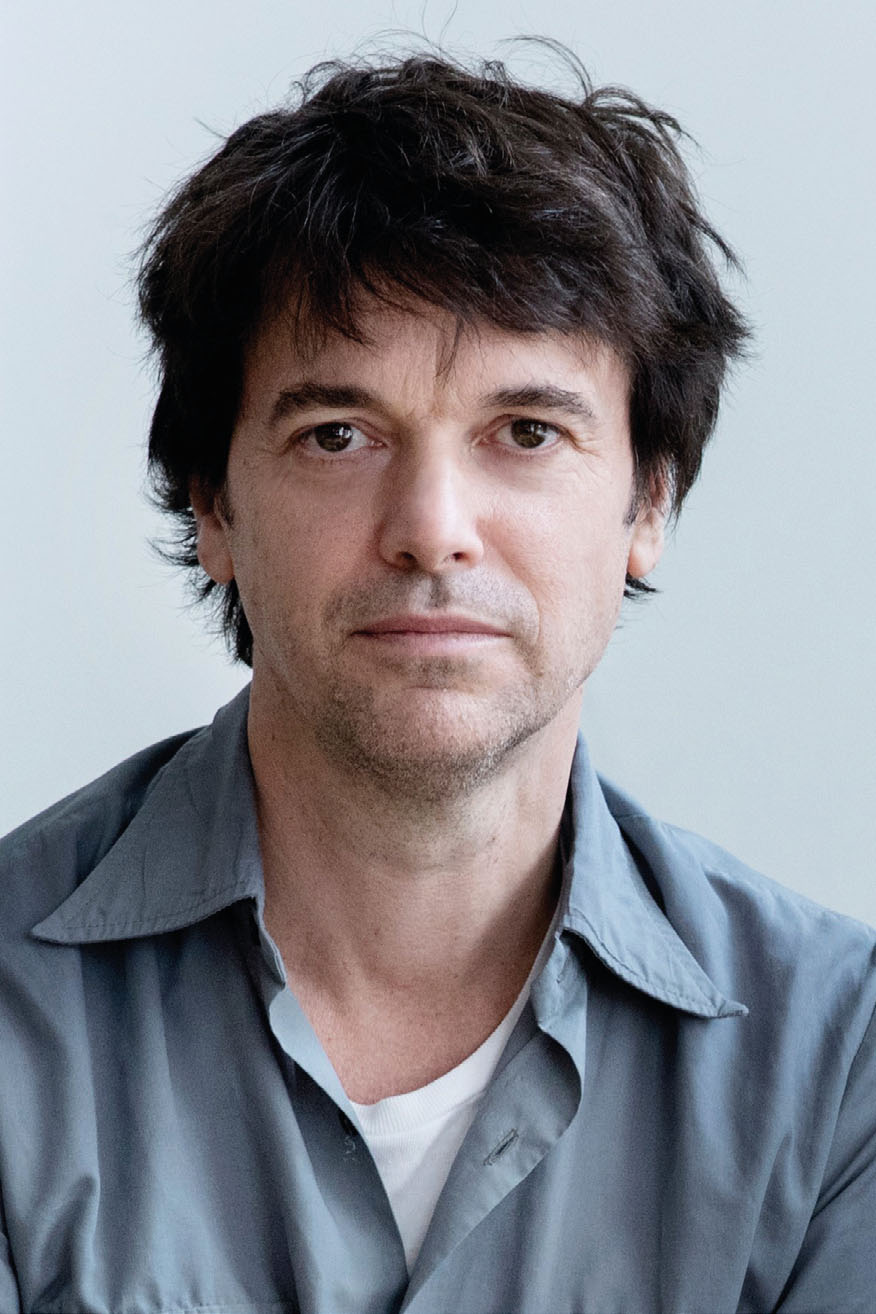
HC: What is your initiative and how did it come about?
PC: Ear Opener is a free YouTube resource for young people who write their own music and for anyone who teaches them. The channel came about after 15 years of teaching and mentoring A Level and GCSE students in the composition component of their exam. The masterclasses feature established artists including producer Brian Eno, composer/improvisor and Mercury nominee Cassie Kinoshi, Radiohead guitarist Ed O-Brien, film and TV composer Isobel Waller-Bridge, and others.
HC: How do you hope you are impacting the way teachers and students approach composition?
PC: We are reacting to surveys and our own anecdotal evidence which tells us that many music teachers feel underprepared, or even intimidated by, the composition aspect of the curriculum. They want more tools for assessing the qualities of their students' tracks. The most important thing about our tools is that they are trying to demystify the process – offering very simple ways of looking at complex problems. For example, looking at harmony in terms of tension and release instead of in terms of particular chord tropes. For example, in the Ear Opener video entitled ‘Chords 1: how many chords do you need?’
Almost as importantly, our work focuses on multiple strategies, accentuating how there are many different ways to make brilliant music. We are trying to identify ways of pleasing both the ears of a student and an examiner by understanding how different genres lean on different musical ‘virtues’ and making these shine. (See video entitled ‘Simple/complex: creating balance in your music’.)

HC: In your view, what are the common mistakes students makes when composing?
PC: I get asked this a lot – we made two whole videos on this that identify 27 common mistakes! (See playlist entitled ‘Writing exam pieces’). But some ‘mistakes’ I see all the time include having too many ideas rather than ‘doing a lot with a little’; having a bassline that is not really a singable bassline; having no daring contrasts of dynamic or texture – everything just plods along at medium tempo. I could go on – there are a lot of ways to trip yourself up.
HC: What tools do schools need for composition, technological or otherwise, and why?
PC: I'd say that more time in class or more help from visiting artists would be a better investment than technology. We bring in professional musicians into three schools every year to work with students and our average grade is A for composition. We are able to reinforce the messages teachers want to impart with quality contact time with students, and also sometimes help bolster the teacher's own skills and confidence. No gadgets required.
HC: What would you say to the opinion that young people should initially learn to compose using pen and paper?
PC: The technology is a double-edged sword. Before anyone starts on paper and pen, I'd suggest they compose by singing, playing an instrument, or improvising with others first. Music is sound – so making a sound of some sort (and organising your own sounds) should be top of the list. Technology has some advantages here, as it feeds back sound to the young composer. But it can make you lazy – it's so easy to copy and paste in DAWs and notation software. We've made two videos about the pros and cons of notation software – and there is no doubt that pen and paper exercises muscles that software can't. (See videos entitled ‘Pros & cons of notation software’ parts 1–3). However, I wouldn't want to overstate this. Some truly terrible music was written in the golden era of pen and paper composition – listen to some of Mozart's contemporaries. It is what you do with the technology that counts.
HC: Why do you think there is a ‘gap’ in music tuition in schools across the country when it comes to composition?
PC: There are many dimensions to this, but the most glaring one is money. Wealthier children get expensive instruments, computers, private tuition, a room to practice in, and are more likely to know (and be inspired by) people who make a living as musicians. That's why music conservatoires and the pop charts are so disproportionally dominated by wealthier, often privately educated artists. Just within state sector, it is a lottery – schools with head teachers that support music outside of the curriculum will always have an edge. And of course, a motivated, confident teacher who has written a lot of music will probably feel a lot more comfortable teaching the subject.
HC: More generally, what do you think needs to be done to prevent further decline in GCSE and A Level Music uptake?
PC: I wish I had an answer to this. Some deep thinking needs to be done, or music will become like Latin – a legacy subject mainly studied at independent schools. If I had to offer some starting point for discussion, I would suggest thinking about creating syllabuses that require proper analysis of aspects of music that are more relevant to modern music.
For example: go into as much detail and scholarly analysis about ‘groove’ as about harmony. There is a lifetime of study in groove, most students care about it, but teachers aren't trained to coach their students on the subject. Plus, the exam doesn't really reward you for excellence in groove. So, don't make the subject easier – it is good that it is hard to get a good mark and that it requires deep listening and analysis – but allow more areas of music to be covered. Another idea: do a Music History course as a separate qualification (like English Language and English Literature) rather than muddying the waters.
Find the Ear Opener channel on YouTube.








